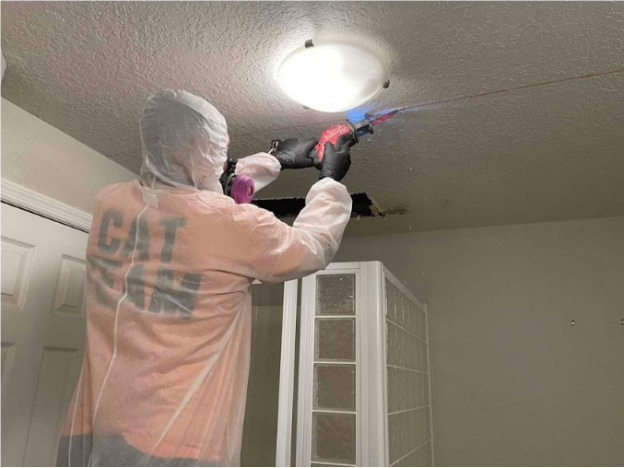
Tampa Bay's vibrant tourism industry thrives on sunshine, sandy beaches, and exceptional guest experiences. However, lurking beneath the surface, an insidious threat can tarnish a hotel's reputation and impact its bottom line: mold and water damage. Addressing these issues quickly and professionally is not just a matter of maintaining aesthetics; it's essential for customer satisfaction and the financial health of your establishment.
According to the American Lung Association, over 50 million Americans suffer from allergies and asthma, conditions often triggered by mold exposure. Studies show that 70% of hotel guests prioritize air quality, and negative online reviews regarding moldy rooms can drastically impact bookings.
Unmitigated mold can lead to costly renovations, legal liabilities, and decreased occupancy rates. The Environmental Protection Agency (EPA) estimates that the average cost of remediating mold damage is around $2,000 to $6,000 per room, not including potential guest compensation or lawsuits.
Keep reading to learn more about comprehensive water damage repairs and how it can help boost the hospitality industry!
The Importance of Mold and Water Removal for Hotels
Mold and water removal are not just routine maintenance tasks for hotels; they are essential practices that directly impact various aspects of hotel operations and guest experience.
In this section, we'll delve into the significance of mold and water removal for hotels, focusing on four key areas: ensuring guest safety and health, preserving the hotel's reputation and brand image, compliance with health and safety regulations, and preventing structural damage and costly repairs.
Ensuring Guest Safety and Health
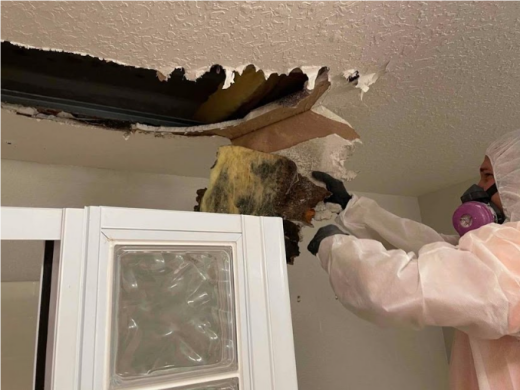
Guest safety and health are paramount considerations for any hospitality establishment. Mold growth and water damage can pose significant risks to guests, ranging from allergic reactions and respiratory issues to more severe health complications. By promptly addressing mold and water damage through effective removal procedures, hotels prioritize the well-being of their guests.
A safe and healthy environment fosters trust and confidence among guests, enhancing their overall experience and encouraging repeat visits.
Preserving the Hotel's Reputation and Brand Image
A hotel's reputation and brand image are built on delivering exceptional service and maintaining high standards of cleanliness and hygiene. Mold infestations or water damage incidents can tarnish a hotel's reputation, leading to negative reviews, diminished customer trust, and potential loss of business.
Proactive mold and water removal efforts demonstrate a commitment to guest satisfaction and uphold the hotel's reputation as a reliable and trustworthy accommodation provider. Preserving a positive brand image is essential for attracting new guests and retaining loyal customers.
Compliance with Health and Safety Regulations
Hotels are subject to various health and safety regulations established by local authorities and industry standards. Failure to address mold and water damage not only jeopardizes guest safety but also puts the hotel at risk of non-compliance with regulatory requirements. By adhering to prescribed protocols for mold and water removal, hotels ensure that they meet all legal obligations and maintain a safe environment for guests and staff.
Compliance with health and safety regulations is not just a legal requirement but also a moral responsibility for hotel management.
Preventing Structural Damage and Costly Repairs
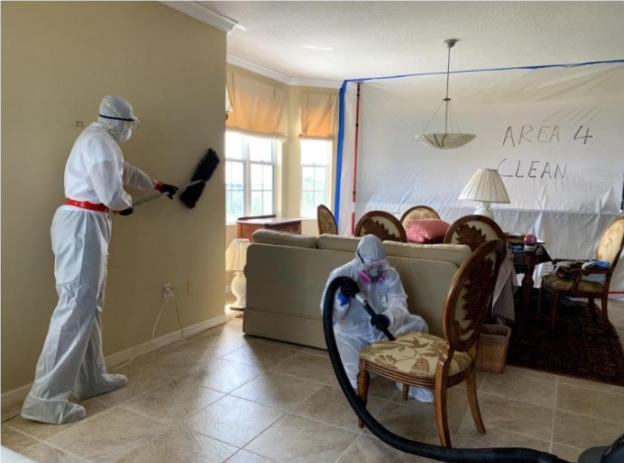
Beyond the immediate health and safety concerns, mold and water damage can wreak havoc on a hotel's infrastructure, leading to structural deterioration and expensive repairs. Moisture from water leaks or flooding can compromise building materials, weaken structural integrity, and create conducive conditions for mold growth. By investing in timely mold and water removal initiatives, hotels can mitigate the risk of structural damage and avoid costly restoration projects.
Preventative maintenance measures not only protect the physical assets of the hotel but also safeguard long-term profitability and sustainability.
Strategies for Effective Mold and Water Removal
Hotels in Tampa face unique challenges when it comes to mold and water damage due to the region's climate and environmental factors. Implementing effective strategies for mold and water removal is essential to maintain a safe and comfortable environment for guests. Here are several key strategies hotels can adopt:
Regular Inspections and Maintenance Protocols
Regular inspections are crucial for identifying potential mold and water damage issues before they escalate. Hotels should establish comprehensive maintenance protocols that include:
· Scheduled inspections: Conduct regular inspections of all areas susceptible to mold and water damage, such as bathrooms, kitchens, basements, and HVAC systems.
· Moisture monitoring: Install moisture detection systems to identify areas with high humidity levels or water leaks.
· Cleaning schedules: Implement routine cleaning schedules to prevent the buildup of moisture and mold-friendly environments.
· HVAC maintenance: Regularly inspect and clean HVAC systems to prevent mold growth in air ducts and vents.
By proactively identifying and addressing potential issues, hotels can prevent mold and water damage from affecting guest satisfaction and hotel operations.
Prompt Response to Water Damage Incidents
In the event of water damage, prompt action is essential to mitigate the spread of mold and prevent further property damage. Hotels should have a clear protocol in place for responding to water damage incidents, including:
· Immediate assessment: Assess the extent of the water damage and identify the source of the water intrusion.
· Containment: Take immediate steps to contain the water and prevent it from spreading to unaffected areas.
· Water extraction: Use professional-grade water extraction equipment to remove standing water from the affected areas.
· Drying and dehumidification: Implement drying and dehumidification measures to remove excess moisture from the environment and prevent mold growth.
· Restoration: Restore affected areas to their pre-damage condition, including repairing any structural damage and restoring damaged furnishings or materials.
By responding swiftly to water damage incidents, hotels can minimize the impact on guest experience and prevent long-term mold-related issues.
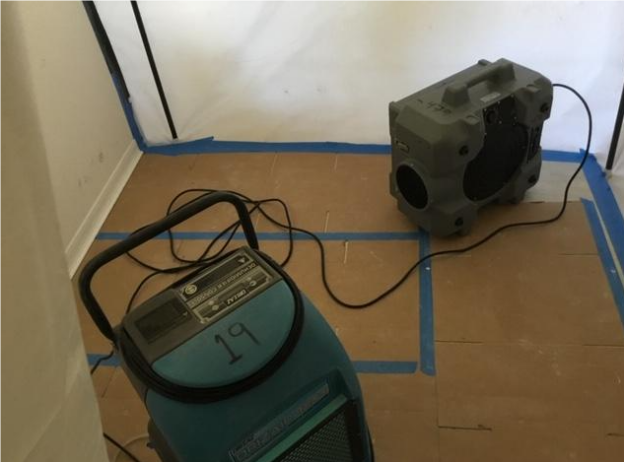
Utilization of Professional Mold Remediation Services
While some mold removal tasks can be addressed internally, complex or widespread mold infestations require the expertise of professional mold remediation services. Hotels should consider partnering with reputable mold remediation companies that offer:
· Certified technicians: Ensure that the remediation company employs certified technicians with experience in dealing with mold removal in hospitality settings.
· Comprehensive services: Choose a remediation company that offers comprehensive services, including mold inspection, testing, removal, and prevention.
· Safe and effective techniques: Verify that the remediation company uses safe and effective techniques for mold removal, such as containment, HEPA filtration, and environmentally friendly cleaning agents.
· Compliance with regulations: Ensure that the remediation company complies with industry standards and regulations for mold remediation and disposal.
Are you facing the aftermath of a flood, fire, or other disasters? Don't worry, Flood Pros has got you covered! With our commitment to customer satisfaction and expertise in water damage repair, fire, and smoke restoration, as well as mold remediation, we're here to restore your home or business promptly and efficiently. Benefit from our free inspections, 24/7 emergency service, and certified specialists who prioritize your peace of mind.
Contact us today for a free inspection and quote to begin your journey towards flood damage restoration and peace of mind!
Subscribe to Flood Pros USA's Blog

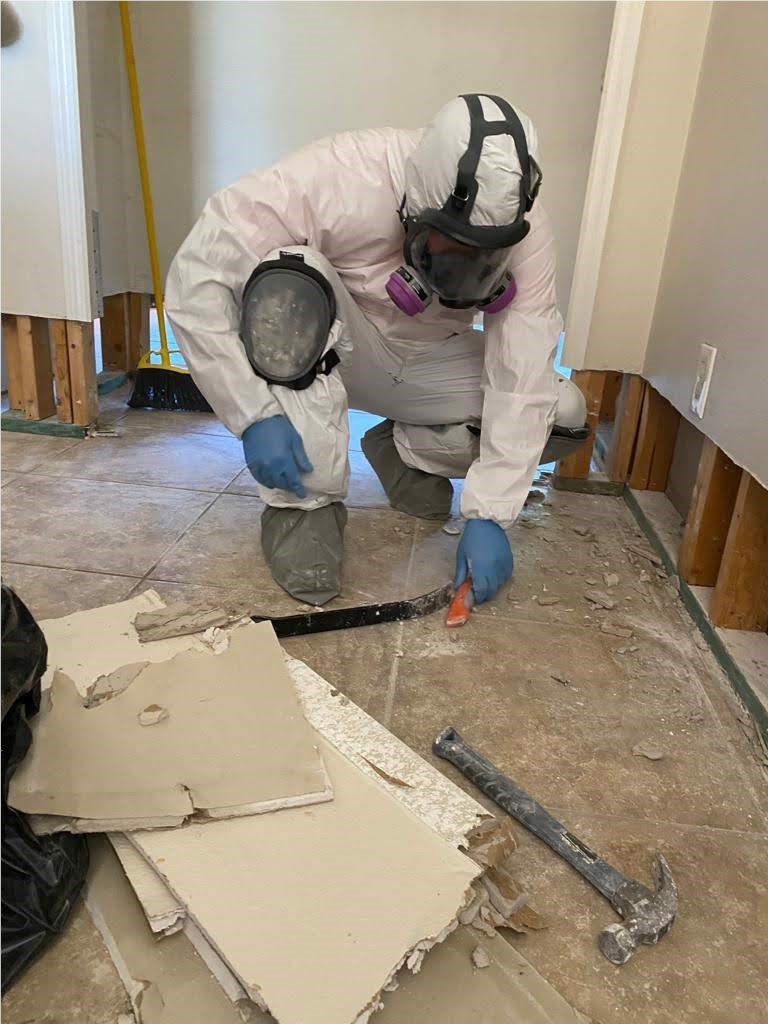
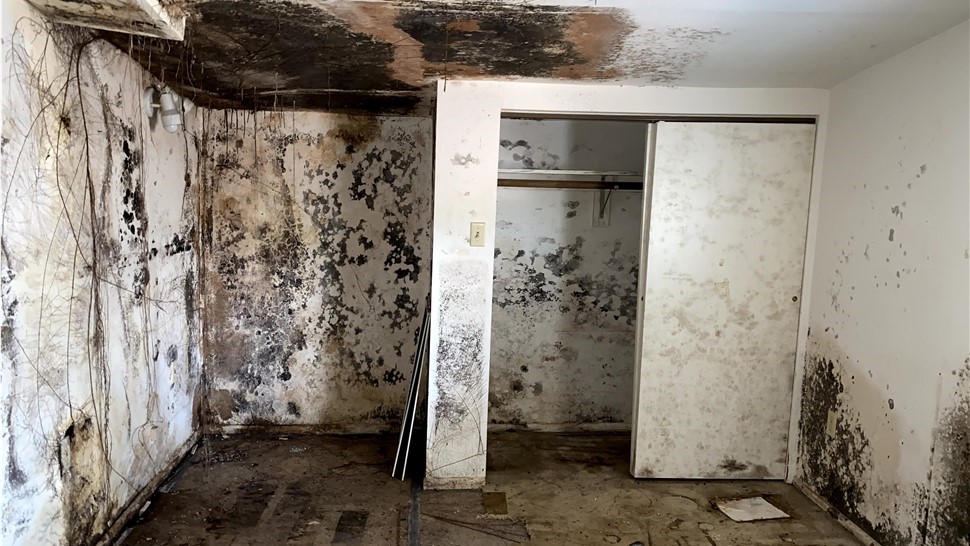
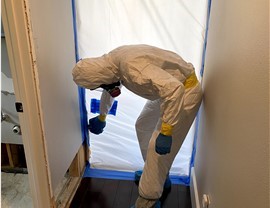
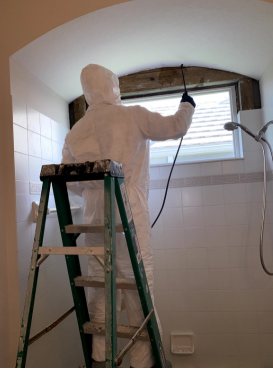
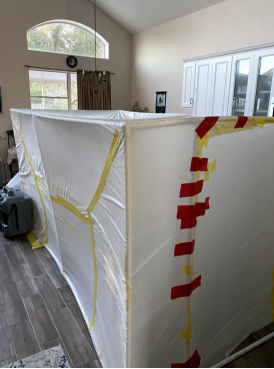

Comments